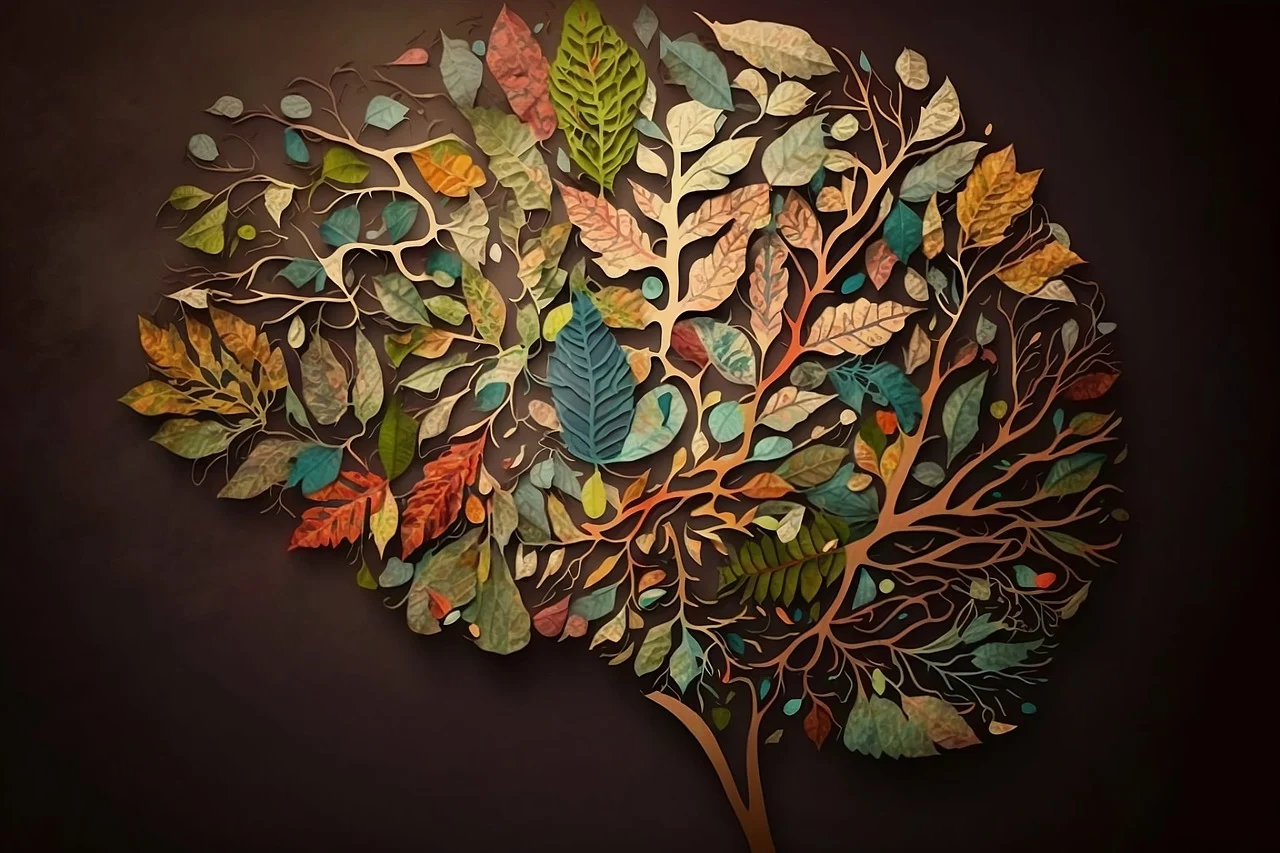Trauma
The word Trauma originates from the Greek language and means wound. The word originally described a physical wound, though it now encompasses psychological and emotional trauma.
This emotional reaction to a frightening or terrifying experience is usually after being part of, or witnessing a single or series of events, when a person is shocked, terrified or feels threatened and the trauma is outside of the expected range of human experience.
These experiences can include, though are not limited to, being involved in a plane crash, car accident or a sexual or violent act.
A person who experiences a single traumatic event may go on to develop Post Traumatic Stress Disorder (PTSD). This is a distressing condition with symptoms that include flashbacks of the event, whereby the person experiences intrusive visions of the trauma before their eyes, in effect a replaying of what happened.
Flashbacks are not unusual in the early days after a trauma however certain events, sounds and smells can remind someone, even on a sub conscious level of what happened, resulting in a person being ‘triggered’ long after the event.
Other symptoms include nightmares, lack of sleep, lack of concentration, guilt, dissociation, feeing sick, anxiety, nausea, depression, feeling on edge, and being constantly hyper-vigilant.

Sadly terrifying experiences can occur closer to home, perpetrated by the people who are meant to protect.
Childhood trauma can occur as a result of neglect, emotional, physical, sexual or psychological abuse. Children who grow up in this environment can go on to experience Developmental Trauma as a result of their Adverse Childhood Experiences (ACE’s)
For those who experience this prolonged exposure to trauma, some may go on to develop Complex Post Traumatic Stress Disorder (C-PTSD) or at least present with some of the symptoms.
The symptoms include those of PTSD but also carry the additional burdens associated with developmental trauma when connected to Adverse Childhood Experiences.
The effects of childhood trauma can continue into adulthood and feelings can include shame, anger, depression, anxiety, low self worth, feelings of abandonment, grief and loss, hopelessness, lack of confidence and no real sense of self. Some can struggle to form positive relationships. Coping strategies such as alcohol or drug use, self harm, and disordered eating are sometimes used to survive the emotional pain and distressing complex emotions that ensue as a result of such trauma.
The five recognised trauma responses are Fight, Flight, Freeze, Flop and Appease.
These are primal responses that occur before the cognitive part of the brain takes over.
For a fraction of a second reactions to trauma are outside our conscious awareness and are activated by the Amygdala, the emotional part of the brain.
This part of the brain will analyse the situation and react accordingly, for example if a person is faced with a lion or a tiger standing in front of them, the brain will likely use the freeze response, as this appears the safest way to ensure survival.
The Amygdala will remember past traumas and will react to a perceived threat accordingly. For someone who is suffering from trauma it is likely that their brain is in a constant state of hyper-vigilance and will respond to an implied threat. This is exhausting for the person involved and will affect them both physically and emotionally.

Sadly for someone who has experienced trauma, a perceived threat does not have to be a life threatening event. It could be someone giving them a strange look, or someone walking too close behind them, a friend not calling back or cancelling a day out. Other reminders could be someone who looks like the perpetrator.
Making sense of this through therapy, can really help a person to grow and help them find ways to heal their pain and the complexity of their emotions. Through therapy a person can begin to understand the impact the trauma has had on them and assist in building healthy coping strategies to help them develop a positive sense of self, and crucially to realise that they do deserve to feel better, leading to a more fulfilled life.


